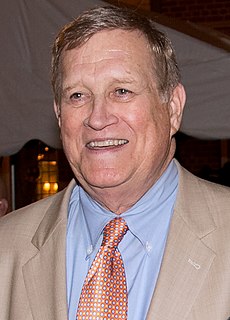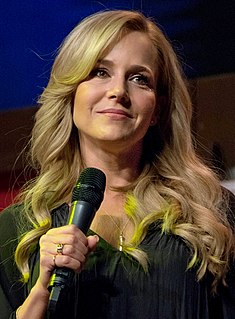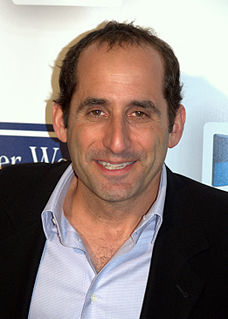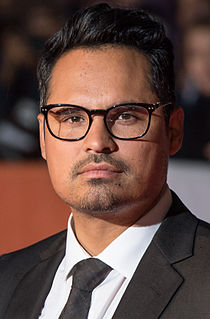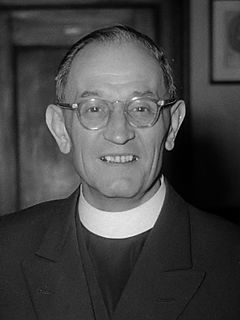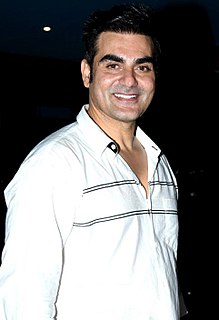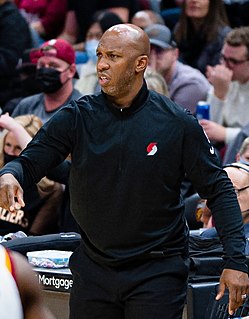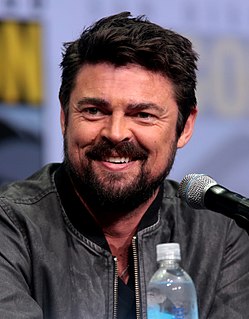A Quote by Ken Howard
After 'The White Shadow' was over, I did some more work, but then I wound up taking a year off to teach at Harvard. It afforded me the chance to have a variegated career - a very interesting one.
Related Quotes
What I do is work for three or four years and then I take a year off, and then I come back again and work for three or four years and then take another year off. It is not about just working and then writing for a year. That is not how it is structured. It is about doing very conscious goal-driven activities for four years and then taking a year off in complete surrender to discover facets of myself that I don't know exist and exploring interests with no commercial value associated with them at all.
I was very proud of that, of taking women and making them vulnerable and so I continued doing that. Right after Beaches I did "Pretty Woman", then I did "Frankie and Johnnie" and then I did "Other Sister" and "Princess Diaries" so that helped me get into the vein there of understanding women and trying to make them very pretty and very interesting.
It's really interesting - I wanted to become an actress when I was young because I wanted to do romantic comedy. And I did a lot of comedies very early on, but then my career took kind of a left turn with Joss Whedon, and I discovered that doing genre work is actually more interesting as an actor, because the given circumstances are more extreme. And it really is creatively more challenging.
I've taken a few public hits in my career, and I never hid the pain of it from my children. Nor did I hide the regrouping and rethinking that occurred after each one. After all, that process allowed me to re-emerge and go on to build a more impactful - and more engaging - career path than the one I had been knocked off of.
First they went after the Communists, and I did not stand up, because I was not a Communist. Then they went after the homosexuals and infirm, and I did not stand up, because I was neither. Then they went after the Jews, and I did not stand up, because I was not a Jew. Then they went after the Catholics, and I did not stand up, because I was Protestant. Finally, they went after me, and there was no one left to stand up for me.
At last I saw Christ as my Saviour. I believed in Him and gave myself to Him. The burden rolled from off me, and a great love for Christ filled my soul. That was more than fifty years ago. I loved Jesus Christ then, but I loved Him more the year after, and more the year after that, and more every year since.
Sometimes, when we're terrified of embracing our true calling, we'll pursue a shadow calling instead. That shadow career is a metaphor for our real career. Its shape is similar, its contours feel tantalizingly the same. But a shadow career entails no real risk. If we fail at a shadow career, the consequences are meaningless to us. Are you pursuing a shadow career?
